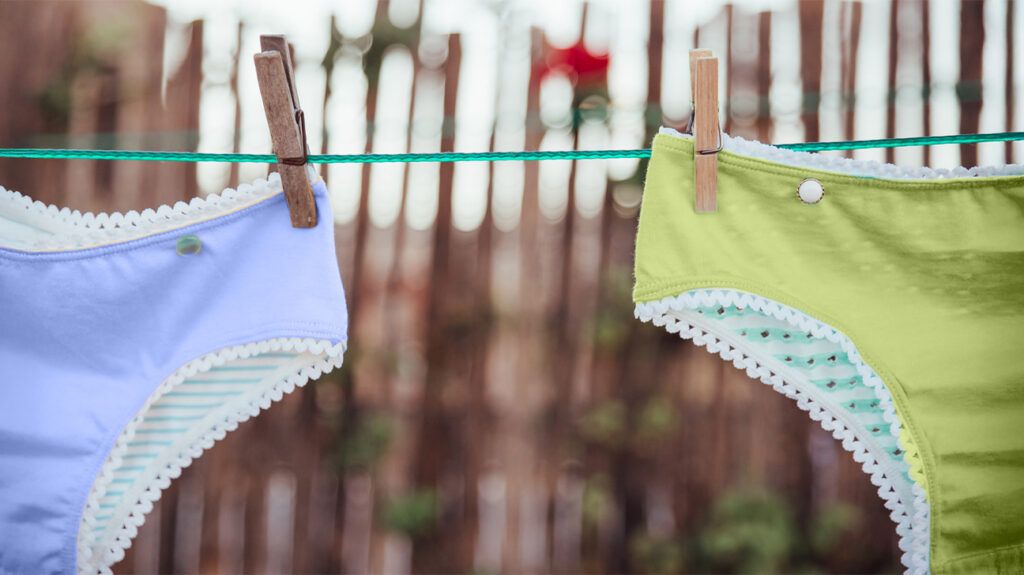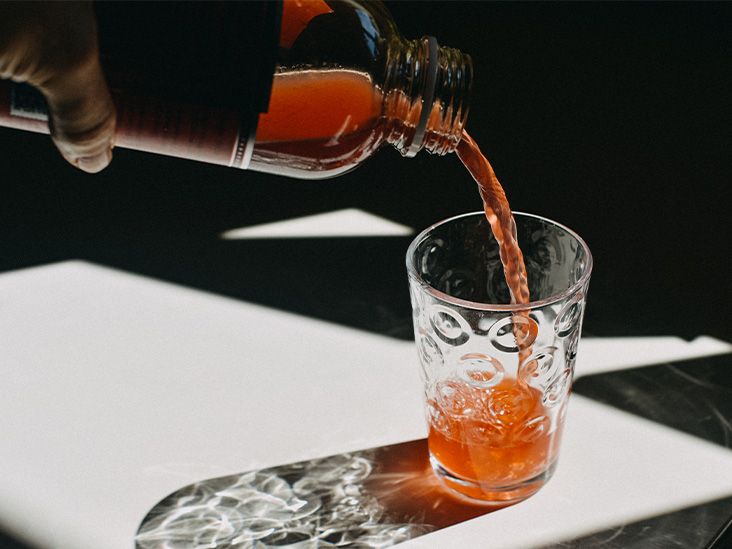The vulva is the outer portion of the female genitals. Irritation of the vulva can cause raw skin, discomfort, and pain. Causes include contact dermatitis and yeast infections.
There are several potential causes of an irritated vulva, ranging from benign conditions, such as contact dermatitis, to more severe ones.
A person may be able to relieve an irritated vulva with home remedies. However, if the irritation does not go away or worsens, they should speak with a doctor.
This article outlines seven potential causes of vulvar irritation, including symptoms and treatments for each.

Changes in hormones may reduce vaginal secretions and cause irritating dryness. Factors that can change a person’s hormone levels include:
- menopause
- hormonal drugs, such as birth control pills
- breastfeeding
- having a hysterectomy
- cancer treatments
If hormones are causing the irritation, a person may also experience dryness, tenderness, or stinging. Some people may find that the vulva becomes sensitive to even the lightest touch, such as from wiping after urination.
Treatments
Vulvar irritation due to vaginal dryness may be treatable at home with lubricants and vaginal moisturizers. People may be able to find these in pharmacies before speaking with a doctor.
However, people should speak with a doctor if they experience the following:
- dryness that persists with home treatments
- dryness affecting daily life
- unusual discharge or bleeding from the vagina
- bleeding during sex or in between periods
Doctors may prescribe a person hormone replacement therapy to boost their estrogen levels.
Allergic reactions to soaps, moisturizers, or other chemicals can irritate the vulva. Some things, such as sweat trapped in clothes after working out, may also irritate the area.
If irritants or allergens are causing the irritation, people may also experience stinging or burning. People may notice symptoms soon after they come into contact with an irritant. In some cases, an allergen may not cause symptoms for a few days.
Potential products that may have irritants that can lead to vulvar irritation include:
- soaps
- perfumes
- lubricants
- laundry detergents
Treatments
If someone knows what is triggering their symptoms, they can avoid the allergen, and their symptoms should resolve. However, they can speak with a healthcare professional if they do not know what is causing the irritation.
Doctors may prescribe moisturizers or corticosteroids for contact dermatitis that does not clear up on its own.
Infections, such as urinary tract infections (UTIs), can cause pain and itching in the area. Another potential infection that may be causing these symptoms is vaginal thrush or a yeast infection.
A person’s symptoms may vary depending on the type of infection they have. For example, someone with a yeast infection may experience a thick, white discharge, while UTIs may also cause an increased urge to urinate.
One of the
Vaginitis is another
Treatments
The most suitable treatment may depend on the type of infection a person has.
Doctors
Doctors may prescribe antibiotics for someone with a UTI. However, around
Various skin conditions can cause irritation and other symptoms around the vulva. Examples include:
- Eczema: Eczema can occur on any part of the body, including the vulva. It
typically beginsTrusted Source in childhood and can cause irritation, inflammation, and itchiness. - Psoriasis: Genital psoriasis can affect up to 63% of people with psoriasis. Symptoms may include thick, scaly lesions on the skin.
- Lichen sclerosus: Lichen sclerosus causes small patches of white, itchy skin. These patches can occur anywhere but most often appear around the genitals.
- Lichen planus: Lichen planus is an inflammatory skin condition that causes a scaly rash. These lesions are
most commonTrusted Source on the wrist, ankles, and lower back but may occur on the genitals.
A person’s exact symptoms may depend on the underlying skin condition. People can speak with a doctor or dermatologist for a diagnosis.
Treatments
Treatments and management strategies will depend on the skin condition a person has. Potential treatments that a doctor may suggest include:
- moisturizing creams
- topical corticosteroids
- phototherapy
- avoiding triggers, such as harsh cosmetics or extreme temperatures
- biologic medications
People should speak with a healthcare professional if they think a skin condition is causing vulvar irritation.
An infected hair follicle or ingrown hair, potentially due to shaving, can irritate the skin to cause folliculitis. This is a
People may also notice itchiness and pustules, or pimples, around the hair follicle.
Treatments
Maintaining proper hygiene and managing any underlying causes, such as avoiding shaving the area, may help to prevent folliculitis from returning.
Many STIs can cause vulvar irritation, including:
The symptoms of STIs vary widely.
- painful urination
- chills or a fever
- pain during or after sex
- bumps, blisters, or sores on the genitals or near the anus
- itching
- unexplained spotting or unusual discharge
- an abnormal rash
- pain in the lower abdomen
Treatments
Treatments for STIs
People should speak with a healthcare professional if they believe they have an STI. Timely treatment can help to improve a person’s outlook and prevent complications.
Vulvar cancer is rare, totaling
- persistent itching, stinging, or bleeding
- redder or paler skin than usual
- a rash, lumps, or ulcers
- pain in the pelvis
Vulvar cancer diagnoses usually occur in people ages 65 to 74.
Treatments
Treatments
- surgery to remove the cancerous cells
- chemotherapy
- radiotherapy
In some cases, such as if someone has an ingrown hair or a mild UTI, vulvar irritation may resolve by itself. If irritation is due to an allergen in a new soap or product, stopping the use of the irritant in that area may improve a person’s symptoms.
People should seek medical attention from a doctor if:
- there is no explanation for the irritation
- the irritation worsens
- they experience pain during sex
- they have other symptoms, such as a fever or chills
These can be signs of medical issues that a doctor can help treat.
An irritated vulva can be due to many different issues. In some cases, people can relieve the irritation at home using home remedies, such as keeping the area clean and dry.
If a person is concerned about vulvar irritation, they should consider seeing a doctor. Most medical causes of an irritated vulva resolve with treatments such as antibiotics or antifungal creams.


